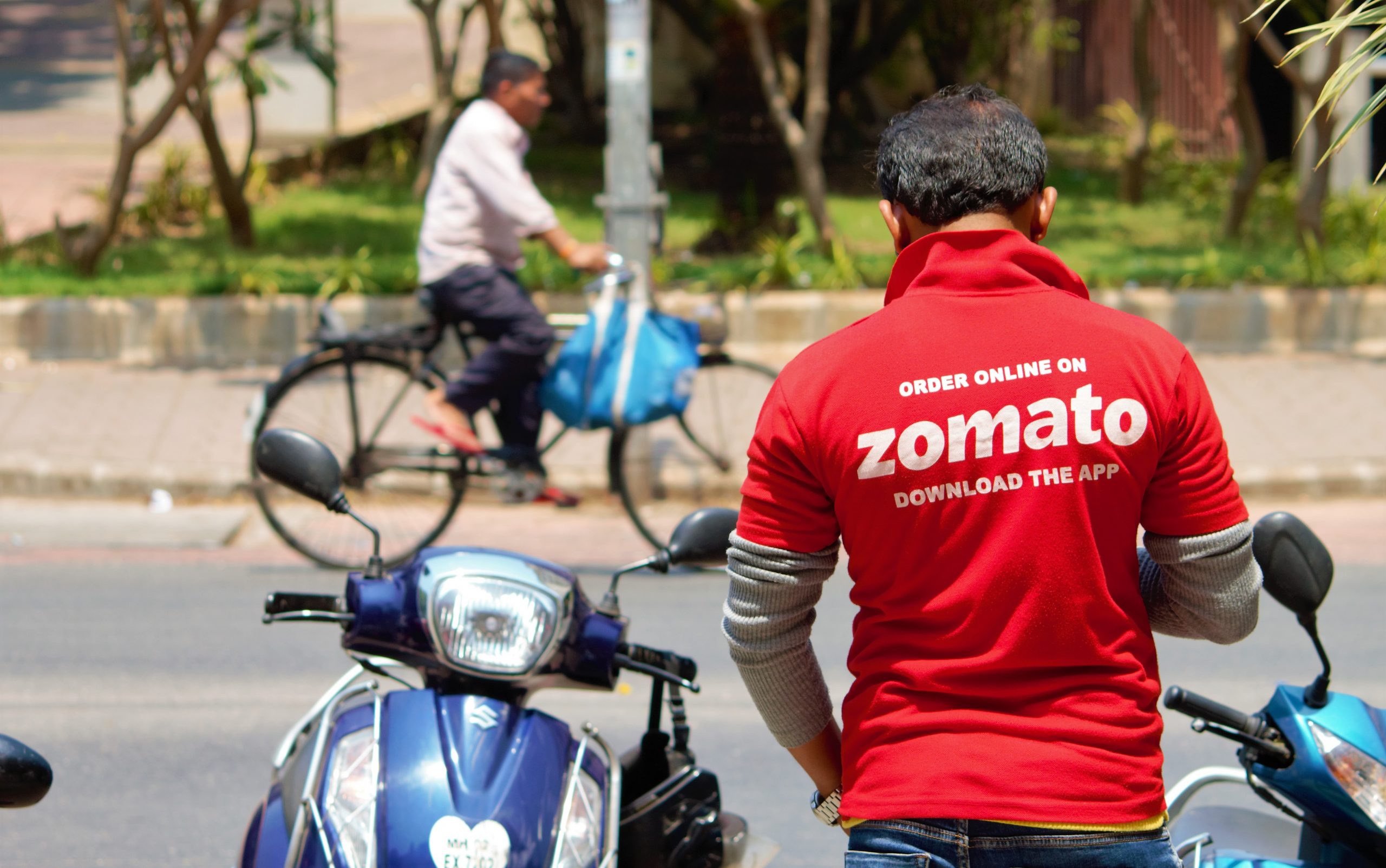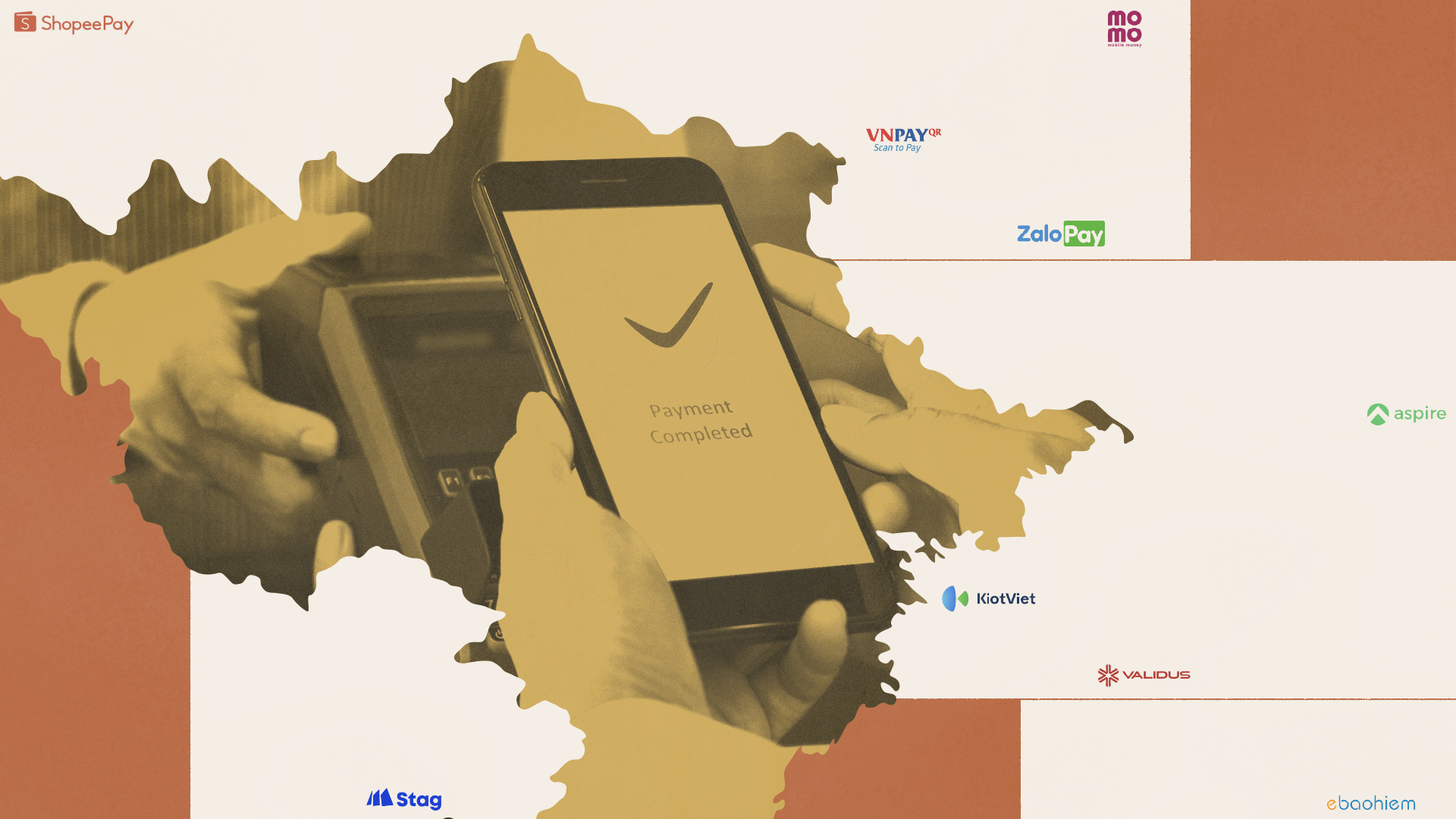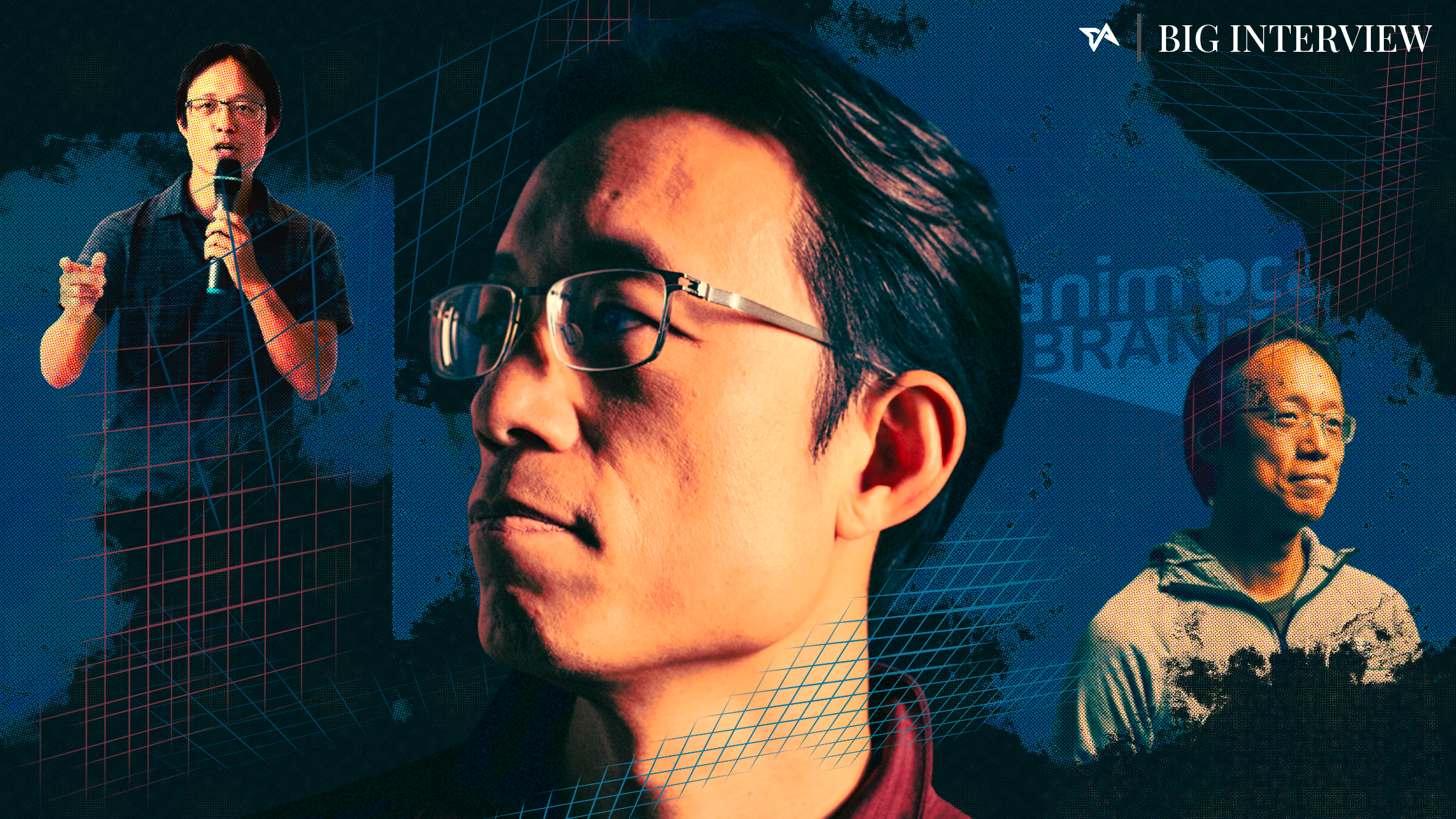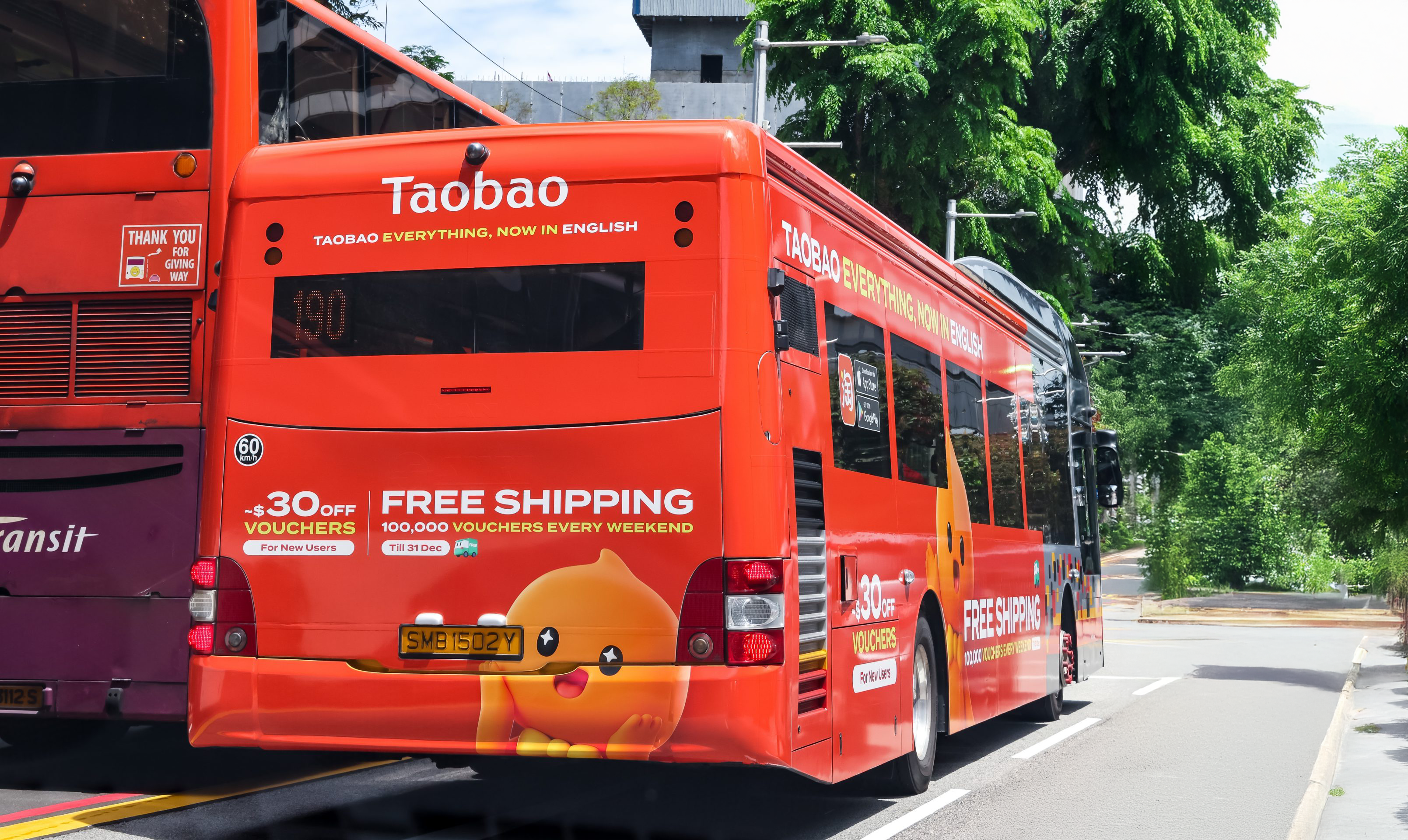Sign up for the Daily Newsletter, sent exclusively to our premium subscribers. We break down the big and messy topics of Asia’s tech and startup community. Get the newsletter in your inbox everyday with a premium subscription.
Hello reader,
I’m based in Hanoi, Vietnam, and I haven’t used my debit card in two weeks. The reason why is pretty telling about how the fintech industry has evolved here in recent years.
My bank froze the card due to what its systems deemed a suspicious transaction two weeks ago. Luckily, I’ve not been a victim of any fraud from what I can see, but I still haven’t taken the time to go into a branch and get a new card.
Why? Simply put, you can get by in Hanoi and pay for everything you may need with just your phone.
Virtually every merchant in the country, from the smallest corner store to the biggest international retailer, now accepts payments via QR codes – a world of difference from a few years ago when cash was king.
Today’s featured story looks at how the rise of QR payments has affected the country’s fintech sector and how its players have adapted to changing regulations.
Today we look at:
- The state of fintech in Vietnam
- Indian fruit and veg delivery startup Pluckk scoring funding
- Other newsy highlights such as Temasek eyeing an exit from an investment worth US$7 billion and Chinese farmers tapping into AI.
Premium summary
Vietnam’s QR code revolution

Image credit: Timmy Loen
Cash used to be king in Vietnam, but now? It’s the mighty QR code.
Today’s featured story dives into the country’s evolving fintech market, which faces a funding drought and tighter regulation.
- Cracking the code: Statistics from the State Bank of Vietnam show that cashless payments are growing in the country, but not as rapidly as QR transactions. The rise of the QR code has pushed fintech giants like MoMo and ZaloPay to adapt and position themselves as AI-powered financial super apps rather than just e-wallets.
- Changing priorities: Industry players tell Tech in Asia that firms in Vietnam’s fintech sector are paying more attention to complying with regulatory requirements than they did in the past.
- Coin for your thoughts: Vietnamese regulators are also moving to bring cryptocurrencies out of the legal gray area they’ve existed in for years, with efforts like a pilot crypto trading platform in the works.
Read more: Charting Vietnam’s fintech terrain under evolving regulations
News spotlight
Plucking fruit from the funding tree

Image credit: Timmy Loen
Fruit and vegetable delivery startup Pluckk has scored US$10 million in its series A funding round.
The India-based firm secured the funding from Euro Gulf Investment.
- Earmarked: Pluckk plans to use the capital to aid its growth initiatives and to repay inter-corporate deposits.
- Business model: The firm operates in Mumbai, Delhi, and Bengaluru. It offers sales of some 400 products via its app and platforms like Amazon, Swiggy, and Zepto.
- Acquisition: In September last year, Pluckk acquired D2C nutrition brand Upnourish for US$1.4 million.
See also: US-based 2am VC targets India’s Gen Z with new $25m fund
Quick bytes
1️⃣ Exit strategy
Singapore’s Temasek Holdings is considering selling Element Materials Technology, a UK-based testing, inspection, and services company. Temasek acquired the firm in 2022 for over US$7 billion.
2️⃣ AI on the farm
Farmers in rural China are tapping into the AI revolution, largely driven by the efforts of tech giants Alibaba and Tencent. These farmers have been using AI-powered tools for tasks like livestock management, online business promotions, and subsidy searches.
3️⃣ Not exactly a soft commitment
SoftBank is reportedly considering investing more than US$1 trillion in AI industrial parks across the US. In January, the firm announced a US$100 billion partnership with OpenAI and Oracle to develop AI infrastructure in the country.
4️⃣ Now that’s a cool feature
Samsung fridges can now help find lost mobile phones thanks to AI. The Bespoke AI refrigerator lineup helps users locate misplaced phones using the voice assistant Bixby, which can call the correct device by recognizing individual family members’ voices.
Recommended reads
 How startups can make chatbots more than a digital dead end
How startups can make chatbots more than a digital dead end China’s hooked on microdramas. Will Southeast Asia tune in?
China’s hooked on microdramas. Will Southeast Asia tune in? Asia layoff tracker: AI shift triggers layoffs at Zomato
Asia layoff tracker: AI shift triggers layoffs at Zomato Charting Vietnam’s fintech terrain under evolving regulations
Charting Vietnam’s fintech terrain under evolving regulations Animoca’s Yat Siu doubles down on Web3 while others pull back
Animoca’s Yat Siu doubles down on Web3 while others pull back Taobao could be the ace up Alibaba’s sleeve
Taobao could be the ace up Alibaba’s sleeve 20 fresh tech and startup jobs in Asia this week
20 fresh tech and startup jobs in Asia this week Why are private equity firms betting big on HR tech in Japan?
Why are private equity firms betting big on HR tech in Japan? Weekly funding: Israel-based Kela raises $28m
Weekly funding: Israel-based Kela raises $28m Unexpected yet practical insights for community building
Unexpected yet practical insights for community building
Edited by Lorenzo Kyle Subido
(And yes, we’re serious about ethics and transparency. More information here.)









